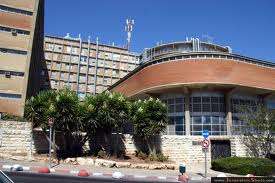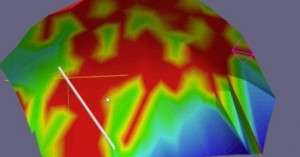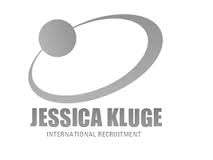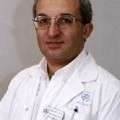A Global Leader in Treating MS with Stem Cells
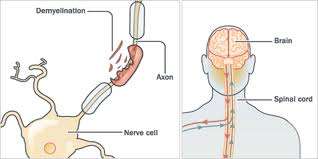
Hadassah’s Multiple Sclerosis Center:
Since 1990, the Multiple Sclerosis (MS) Center at the Hadassah University Medical Center has been conducting groundbreaking research into the use of bone marrow-derived stem cells to treat MS. Today, Hadassah’s MS Center, headed by Greek Prof. Dimitrios Karussis, is a world leader in treating MS with stem cells.
Hadassah was the first to introduce the concept of transplanting hematopoietic cells (cells isolated from the blood or bone marrow) into MS animal models and, subsequently, MS patients. Hematopoietic cells can renew themselves and differentiate into a variety of specialized cells.
In the early 2000’s, Hadassah began to focus its research efforts specifically on Bone Mesenchymal Stem cells (BMSCs) and has been conducting BMSC clinical trials since 2007, with more than 50 MS patients. The use of BMSCs may provide an alternative solution to existing treatment efforts, which are only partially effective, especially in the faster, more progressive phases of the disease.
In the world’s first Phase I clinical trial to evaluate the feasibility and safety of a combined intrathecal and intravenous administration of autologous BMSCs in patients with severe MS and Amyotrophic Lateral Sclerosis (ALS), Hadassah’s researchers found that the transplantation of BMSCs in patients with MS and ALS “is a clinically feasible and relatively safe procedure.” Further, they explained, this transplantation “induces immediate immunomodulatory effects and some beneficial clinical effects.” The clinical trial also revealed that stem cells injected intrathecally (directly into the circulating fluid of the brain and spinal cord), have a greater chance of reaching the affected areas in the central nervous system.
The Hadassah researchers note that the multiple mechanisms by which stem cells induce their beneficial effects (collectively termed “therapeutic plasticity”) make them excellent candidates for developing treatments for MS patients. The ability to modulate the central nervous system’s autoimmune response; to protect it from further injury; to induce endogenous repair mechanisms; and to participate accurately in remyelination (re-generation of the nerve’s myelin sheath which is essential for the proper functioning of the nervous system), provides the rationale to further develop these cell therapies for MS.
The use of BMS cells. specifically, has a variety of advantages, including:
- BMSCs are easily and safely obtained from adult bone marrow, even from patients with advanced disease
- BMSCs that are normally present in small concentrations in bone marrow can be enriched and expanded into large numbers by in vitro culturing for therapeutic purposes
- Autologous BMSCs are safely administered without the need for immunosuppressive treatment to prevent rejection
- Adult BMSCs are less prone to genetic abnormalities and malignant transformation during multiple passages in vitro, thus indicating a low risk for inducing treatment-related malignancies.
Next Step: Phase II of Hadassah’s clinical trial will compare the efficacy of single versus multiple injections and the efficacy of intravenous versus intrathecal injections. This will pave the way to formulate the optimal protocol for a large-scale, multi-institutional trial.



